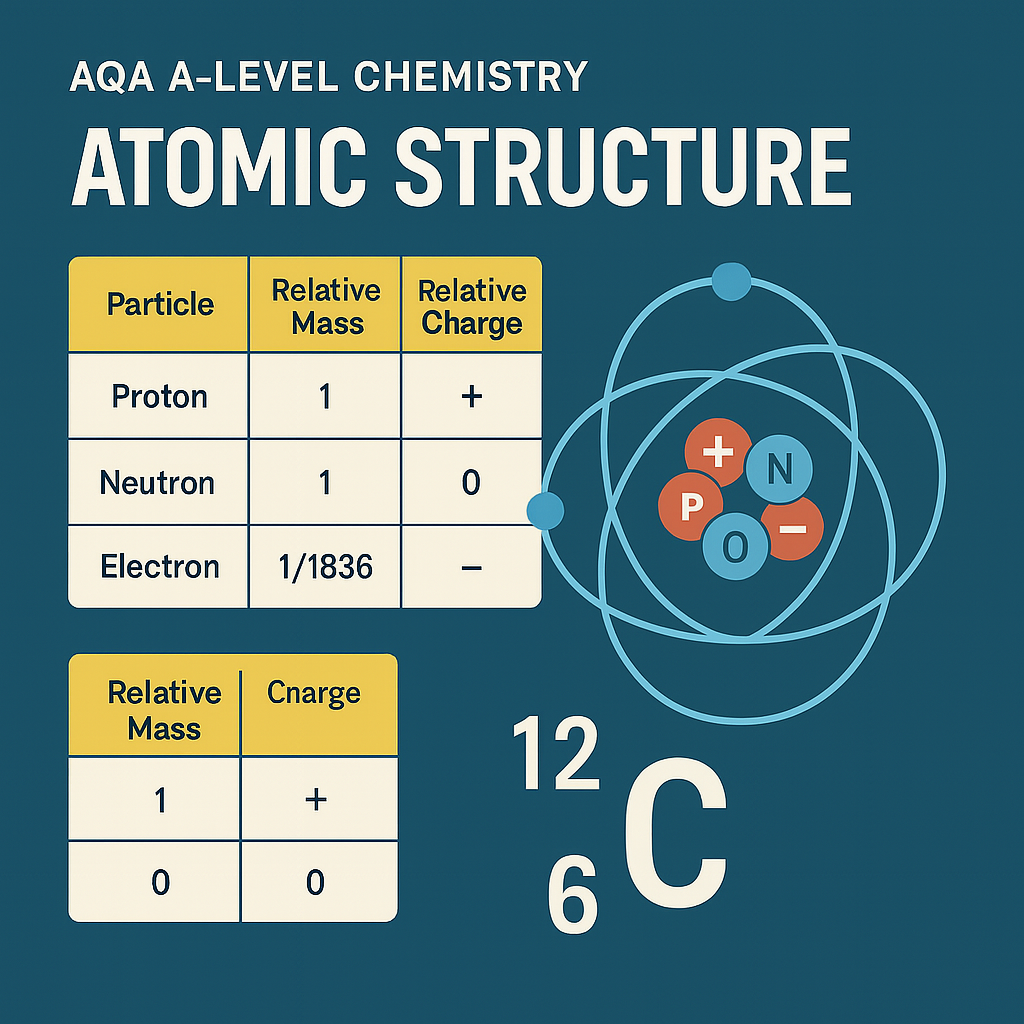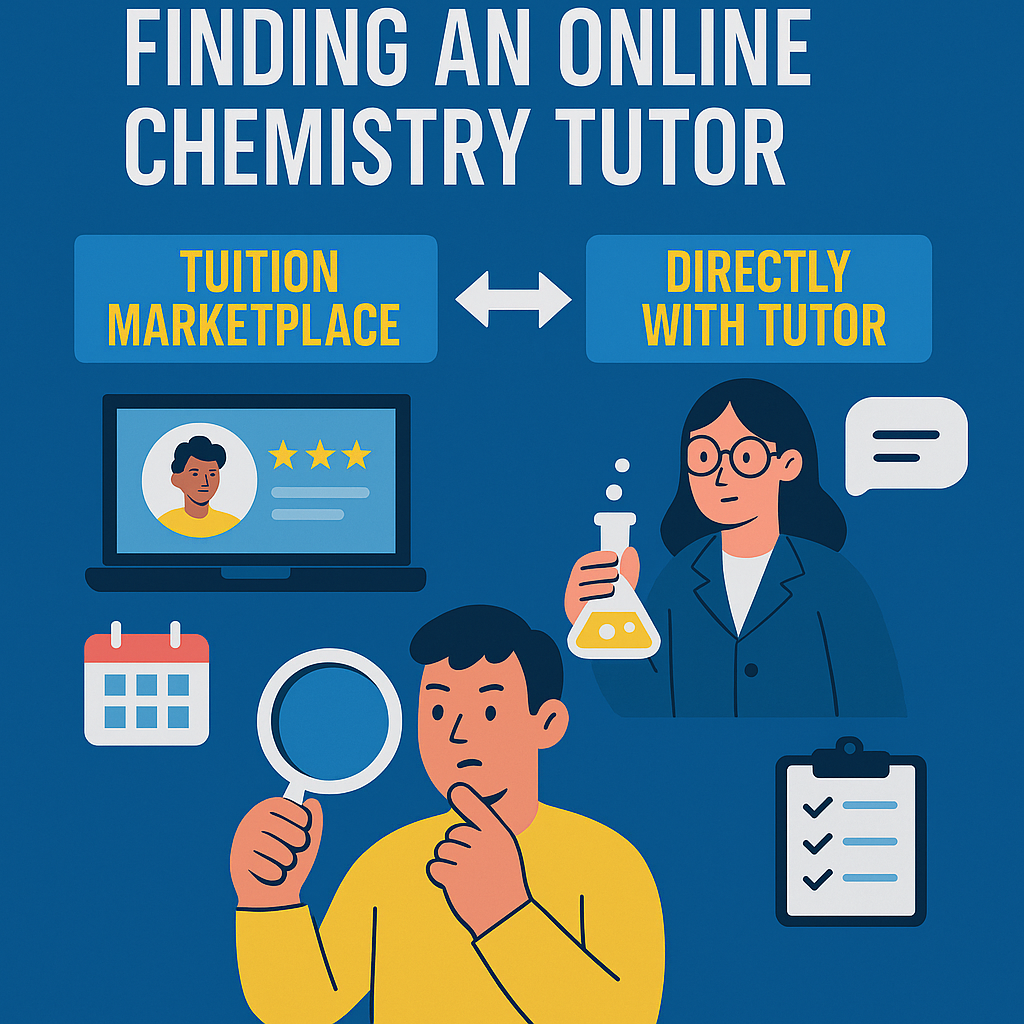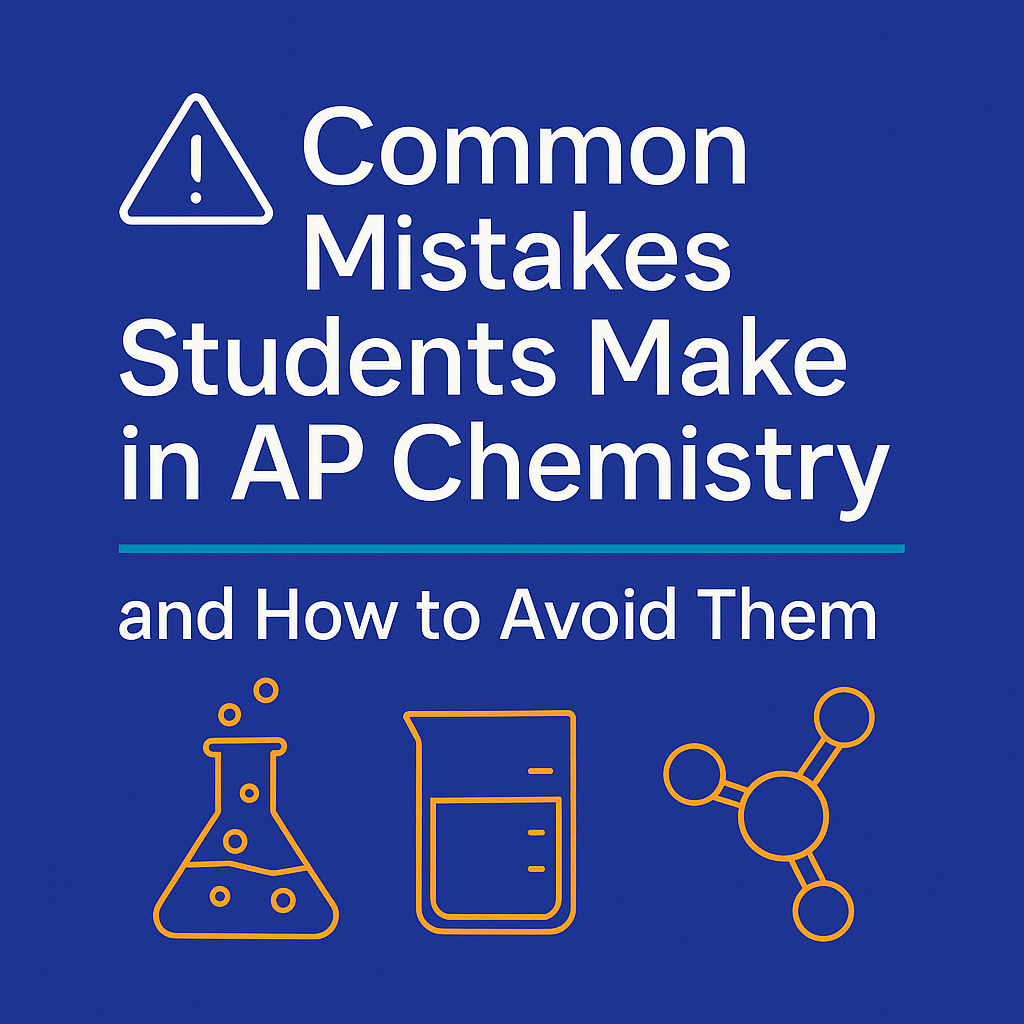How to Get a 9 in GCSE Chemistry: The Ultimate Guide to Top Grades
Top students often still feel stress, self-doubt, or even burnout. But they learn to manage their mindset as part of revision.
Achieving a Grade 9 in GCSE Chemistry might seem like a tall order—but it’s absolutely possible with the right strategies, mindset, and support. In fact, students who reach top grades don’t necessarily study more, but they do study better. This blog will walk you through exactly how to go from feeling unsure to feeling in control, confident, and capable of getting that coveted Grade 9.
Whether you're just starting your GCSE Chemistry journey or you’re heading into the final stretch before exams, here’s your roadmap to success.
Step 1: Understand What a Grade 9 Actually Requires
A Grade 9 is awarded to the top ~5% of students. It’s above an old A*, and while the content is the same as for other grades, the depth of understanding, precision in application, and consistency of performance are what set Grade 9 students apart.
To get a 9, you must:
Master core concepts and the nuances behind them
Be confident applying knowledge to unfamiliar contexts
Have excellent exam technique (not just subject knowledge)
Avoid the careless mistakes that cost marks
Think and write like a scientist
Step 2: Know Your Exam Board Inside Out
Different exam boards have slightly different emphases. Whether you’re sitting AQA, Edexcel, OCR or another board, make sure you:
Download your exam board’s official specification
Understand the command words used in questions (e.g., "describe" vs "explain" vs "evaluate")
Use past papers and mark schemes specific to your board—this is non-negotiable if you're aiming for a 9
Study Tip: Mark schemes are gold. They show exactly what the examiner expects—and what gets you full marks.
Step 3: Build Strong Foundations (Don’t Skip the Basics)
It’s tempting to dive into the “hard stuff” early on, but getting a 9 is about mastery of everything, including basics like:
The periodic table layout
Types of bonding
Atomic structure
Writing chemical formulae and equations
You can’t write a complex six-mark answer on equilibrium if you’re shaky on what a molecule is.
Make sure your foundational knowledge is automatic—this frees up mental space for higher-level thinking later on.
Step 4: Actively Learn, Don’t Passively Revise
Revising by re-reading or highlighting your textbook is not enough. High achievers use active recall and practice. Here's how:
Use Spaced Repetition
Apps like Anki or paper flashcards help you remember content over time, not just cram it.
Test Yourself Often
Practice exam questions (especially 4–6 mark ones)
Use quizzes, retrieval grids, or your own Q&A sheets
Keep track of which questions/topics you get wrong
Teach It to Someone Else
Explaining atomic structure to a parent, friend, or even yourself out loud forces you to clarify your thinking.
Step 5: Master Required Practicals
Required Practicals are guaranteed to come up in exams. You’ll need to:
Know the method, variables, and why each step matters
Be able to interpret results, spot errors, and suggest improvements
Understand graphing, accuracy, and precision
🧪 Grade 9 students don’t just remember the steps—they understand the reasoning behind them.
Step 6: Learn to Write Like an Examiner Wants
Many students know the content but drop marks because they don’t know how to express it. To get a 9, you need to write clearly, concisely, and completely.
Key GCSE Chemistry Exam tips:
Always use keywords from the topic (e.g., “exothermic reaction releases energy to the surroundings”)
Think chronologically in methods and processes
In 6-mark questions: Plan, then write logically in paragraphs or bullet points
Don’t overcomplicate—clarity is power
💬 Get used to using scientific language correctly and consistently—it impresses examiners and gets marks.
Step 7: Identify Your Weak Areas Early
Grade 9 students don’t shy away from weaknesses—they target them.
Here’s how to do it:
After a mock or past paper, analyse every mark lost—was it knowledge, timing, misreading, or technique?
Make a mistake logbook where you write down the error, the correct answer, and how you’ll avoid it next time
Ask your tutor or teacher: “What’s holding me back from a 9?”
🎯 Every weakness you address is a step closer to full marks.
Step 8: Practice Exam Technique Under Pressure
You can know everything but still struggle if you haven’t trained under exam conditions.
Do timed past papers at least once a week in the 6–8 weeks before your exam
Mark them strictly using the official mark scheme
Get comfortable with how long to spend per question (usually 1 mark = 1 minute)
Practice scanning through the paper before starting to manage your time
⏳ Top grades come from consistency under pressure—not just isolated brilliance.
Step 9: Manage Your Mindset & Motivation
Top students often still feel stress, self-doubt, or even burnout. But they learn to manage their mindset as part of revision.
Stay Motivated:
Keep a vision board or a sticky note with why you want that Grade 9
Track progress weekly—it’s rewarding to see how far you’ve come
Study in short, focused bursts (Pomodoro Technique: 25 min work, 5 min break)
Tackle Anxiety:
Practice deep breathing or journaling before revision sessions
Use positive self-talk: “I’m making progress”, “I’ve done hard things before”
Avoid cramming and trust your process—consistency beats last-minute panic
💡 Believing you can get a 9 isn’t arrogant—it’s empowering.
Step 10: Get Support That Makes a Difference
Even the most determined students benefit from expert guidance. If you're aiming for a 9, having someone who can:
Spot gaps in your understanding
Explain tough concepts clearly
Give feedback on practice answers
Keep you accountable and on track
…can make all the difference.
That’s where 1:1 tutoring comes in.
Dr. Marguerite Quinn specialises in helping students:
Build deep understanding of all topics
Develop sharp exam technique
Increase confidence and motivation
Go from “stuck at a 6 or 7” to pushing for a 9
🎓 With over 3,470 hours of teaching experience and a PhD in Chemistry, Marguerite knows how to turn potential into performance.
Final Thought: Getting a 9 Is a Journey, Not Magic
You don’t wake up with a Grade 9—you build it, day by day.
If you’re willing to revise with intention, practise with purpose, and get the right support, you’re already doing what Grade 9 students do.
It’s not about being the “smartest.”
It’s about being the most prepared.
Ready to Aim for a 9 in GCSE Chemistry?
Book a 15 mins consultation with Dr. Marguerite Quinn and get personalised, expert support to hit your highest potential in Chemistry—no guesswork, no stress.





Understand AQA A-Level Chemistry Section 3.1.1.2 on mass number and isotopes. Learn key definitions, isotope notation, calculations, and how this topic builds your scientific and exam skills.